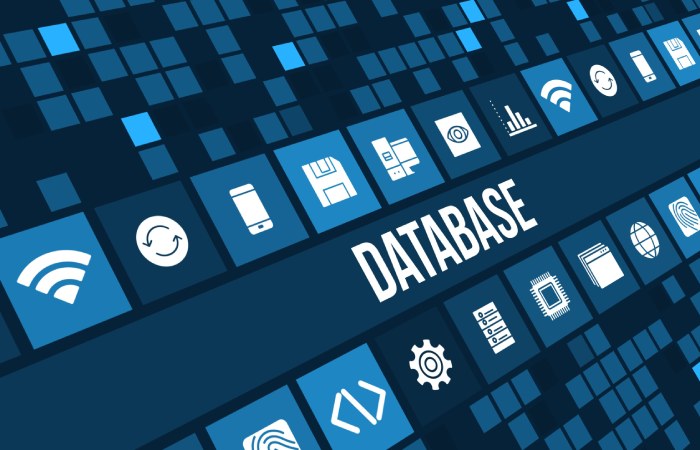 What Is A Database?
What Is A Database?
A database is information configured for easy access, management, and updating.
Also, computer databases typically store collections of records or files.
Also, it contains information such as sales transactions, customer data, financial data, and product information.
However, databases are used to store, maintain and access any type of data.
Therefore, they collect information about people, places or things.
Also, the information is collected in one place so that it can be observed and analyzed.
Therefore, Databases can be viewed as an organized collection of information.
What Are Databases For?
Hence, businesses use data stored in databases to make informed business decisions.
Also, some of the ways organizations use databases include the following:
Firstly, improve business processes.
Also, companies collect data about business processes such as sales, order processing, and customer service.
Then, they analyze this data to improve these processes, grow your business and increase sales.
Secondly, keep an eye on customers.
Therefore, databases often store information about people, such as customers or users.
For example, social media platforms use databases to store user information, such as names, email addresses, and user behavior.
However, the data is used to recommend content to users and improve the user experience.
Thirdly, secure personal health information.
Also, health care providers use databases to securely store personal health information to inform and improve patient care.
Lastly, save personal information.
However, databases can also be used to store personal information.
For example, personal cloud storage is available for individual users to store media such as photos in a managed cloud.
Which Database is Right for You?
First of all, companies that need a simple database often use standard office tools such as spreadsheets.
However, if you use large amounts of data or have complex business needs.
Also, you may need to consider more powerful database systems that offer better functionality.
Therefore, you’ll also find tips to help you decide on the best database for your business.
How to Submit Your Article to The Knowledge Blog?
Also, to send your request, write to us at contact@theknowledgeblog.com
Why Write For Us at The Knowledge Blog – Database Write For Us
 Search Terms Related to Database Write For Us
Search Terms Related to Database Write For Us
information
technology
data
file
system
computer
information technology
hierarchical database system
network database system
object-oriented database
Cloud databases
Object-oriented
Search Terms For Database Write For Us
Submit an article
Write for us
Guest post
Looking for guest posts
Become a guest blogger
Guest posts wanted
Writers wanted
Guest posting guidelines
Become an author
Submit post
Suggest a post
Guest post
Contributor guidelines
Contributing writer
Guest blogging + “write for us.”
Write for us + guest blogging
Guest posting guidelines
Become a guest blogger
Become an author
Suggest a post
Submit post
Write for us
Writers wanted
Calories “become a guest writer.”
Write for us blogging
Calories “become a contributor.”
Guest blogging + “write for us.”
Write for us + guest blogging
Calories “become an author.”
Guidelines of the Article – Database Write For Us
 Database Write For Us: You can send your article to contact@theknowledgebog.com
Database Write For Us: You can send your article to contact@theknowledgebog.com
Related Pages
Facial Treatment Write For Us
Database Write For Us
Scalping Stocks Write For Us
Entertainment Write For Us
Education Write For Us
Finance Write For Us

